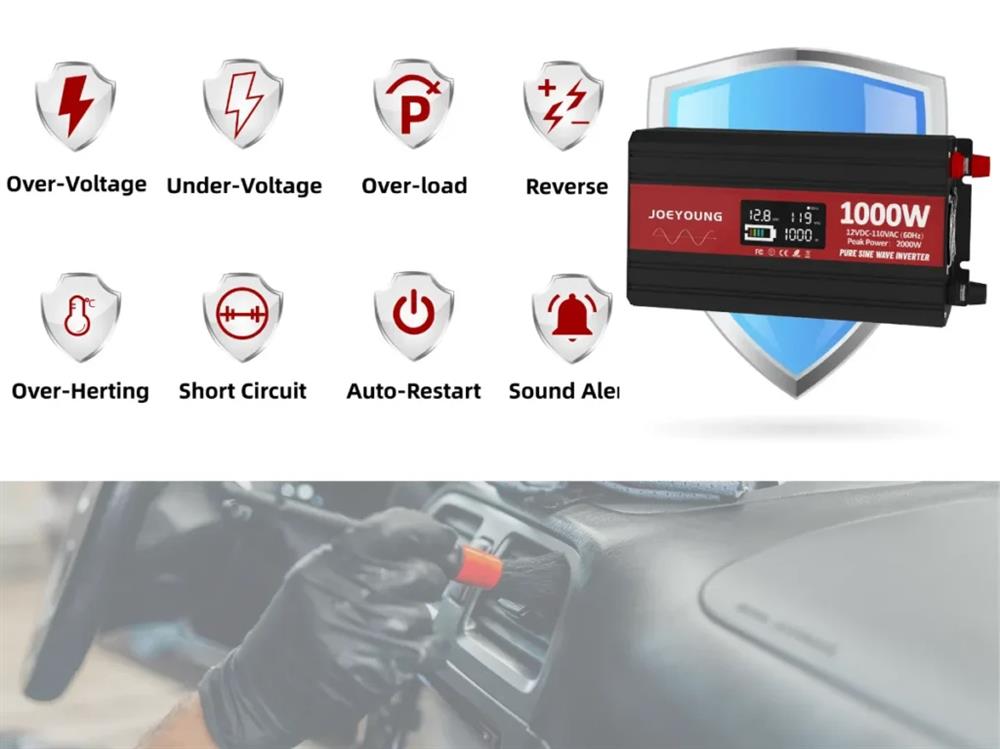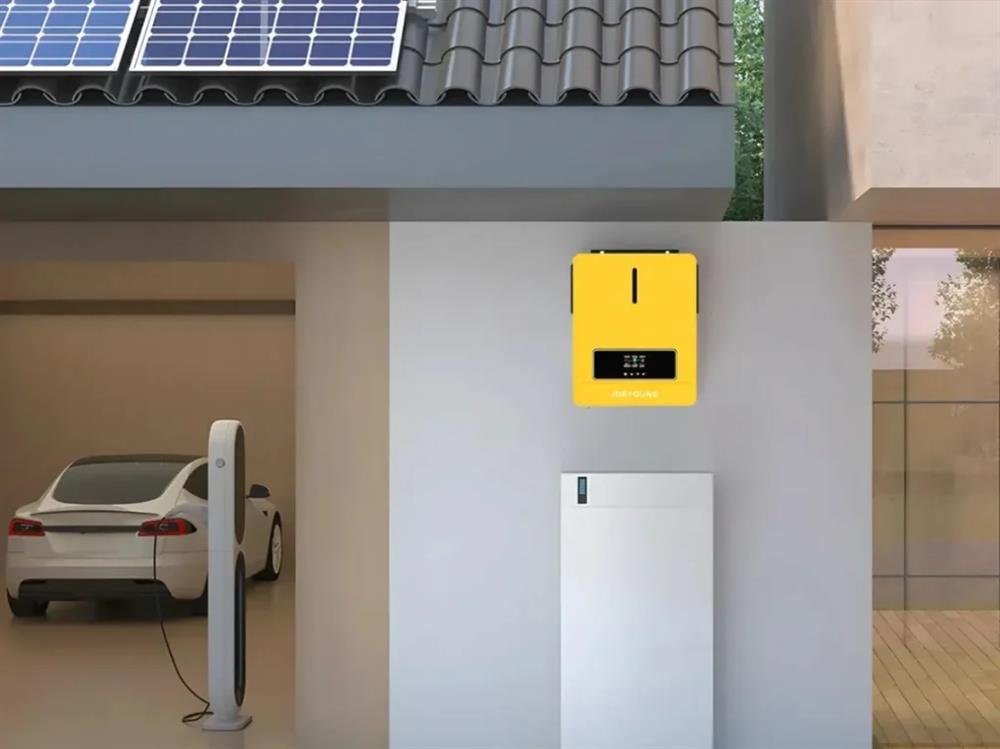Are Solar Inverters Waterproof? Complete Guide 2025

It is one of the most frequently asked questions by homeowners and businesses observing the use of solar energy. Solar inverters form a crucial component of any solar power system and thus the cause of water exposure has a direct impact on the performance, the safety of the product, as well as, the lifespan.
This guide will consider the meaning of the term waterproofing to the inverter, how they are assured of water, what is the best model to use in outdoor conditions and whether there are any safe models to be installed in alternative places.
What Does Waterproof Mean for Solar Inverters?
When human beings inquire on whether solar inverters are water proof they mostly imply that they can resist rain, moisture, and dust without breaking? Most solar inverters are rated according to the IP (Ingress Protection) scale.
How Are Solar Inverters Waterproofed?
In order to respond to how are solar inverters waterproofed, manufacturers apply various design methods to ensure water and dust will not get in touch with the components.
1. Sealed Enclosures for Protection
An enclosed case will not allow water into the internal circuits hence the inverter reliably functions safely in wet situations.
2. Rubber Gaskets Around Cable Entries
There are special rubber gaskets that seal out moisture seeping in through the cable entry points which are the subjected weak points.
3. Corrosion-Resistant Coatings
They have internal parts treated with corrosion-resistance protecting to have extended durability especially in moist or salty atmospheres.
4. Drainage Channels for Rainwater
Any rain water accumulated will safely flow out using built-in channels of drainage away to the sensitive components.

Best Waterproof Solar Inverters for Outdoor Use
Here are qualities to search for when in search of the best waterproof solar inverters.
1. High IP Rating
The inverter should be given an IP65 or IP66 rating that guarantees minimum dust contamination and protection against water jets so as to be able to be used outdoors.
2. Weather-Resistant Casing
There is a powder-coated aluminum or OKA-strengthened plastic shell to enhance resistance to rain, snow, and UV rays.
3. Efficient Cooling Without Leaks
The cooling systems need to be done to exclude water and enable the heat to escape, making it last longer.
Can I Install Solar Inverters Outside in the Rain?
Are solar inverters installable outside? Well, provided that they are outdoor-made. Nevertheless, even waterproof models are recommended to be put under a roof or shelter to avoid heavy rain and direct sunlight.
Are Solar Inverters Waterproof in All Weather Conditions?
Although it is a fact that solar inverters are waterproof, especially in the high-quality ones, no inverter is fully proof against damage during long periods of adverse weather conditions, such as floods. The trick to keeping them safe is regular inspection and maintenance on time.

FAQ’s
Q 1: Are solar inverters water-resistant to withstand storms?
Yes, solar inverters with a high-IP rating can work under high-rainstorms; however, avoidable is a sheltered installation.
Q2: May I put a solar inverter next to a swimming pool?
It can do it so long as you keep it at a safe distance and put it in an inverter with a high waterproof rating.
Q3: How low is the lowest waterproof rating of an outdoor solar inverter?
Outdoor safety is usually deemed to have the IP65 rating as the minimal level of protection.
Q4: Is there any waterproof solar inverter that can be used in the coastal region?
Sure, and one should choose the models that have anti-corrosion protection to deal with salty and humid air.
Q5: Are solar inverters water-resistant to be able to withstand floods?
Not at all, and most inverters are not meant to be submersed. Have them installed over flood-prone places.
Conclusion
Then the question is, are solar inverters waterproof? Yes, but when constructed using high-grade waterproofing features and the right IP rating. To gain optimal performance and safety, look at models that are made to be used outdoors, and install them in a sheltered place. Your solar inverter will be able to resist rain, humidity, and changing weather conditions over the years with reasonable measures.





